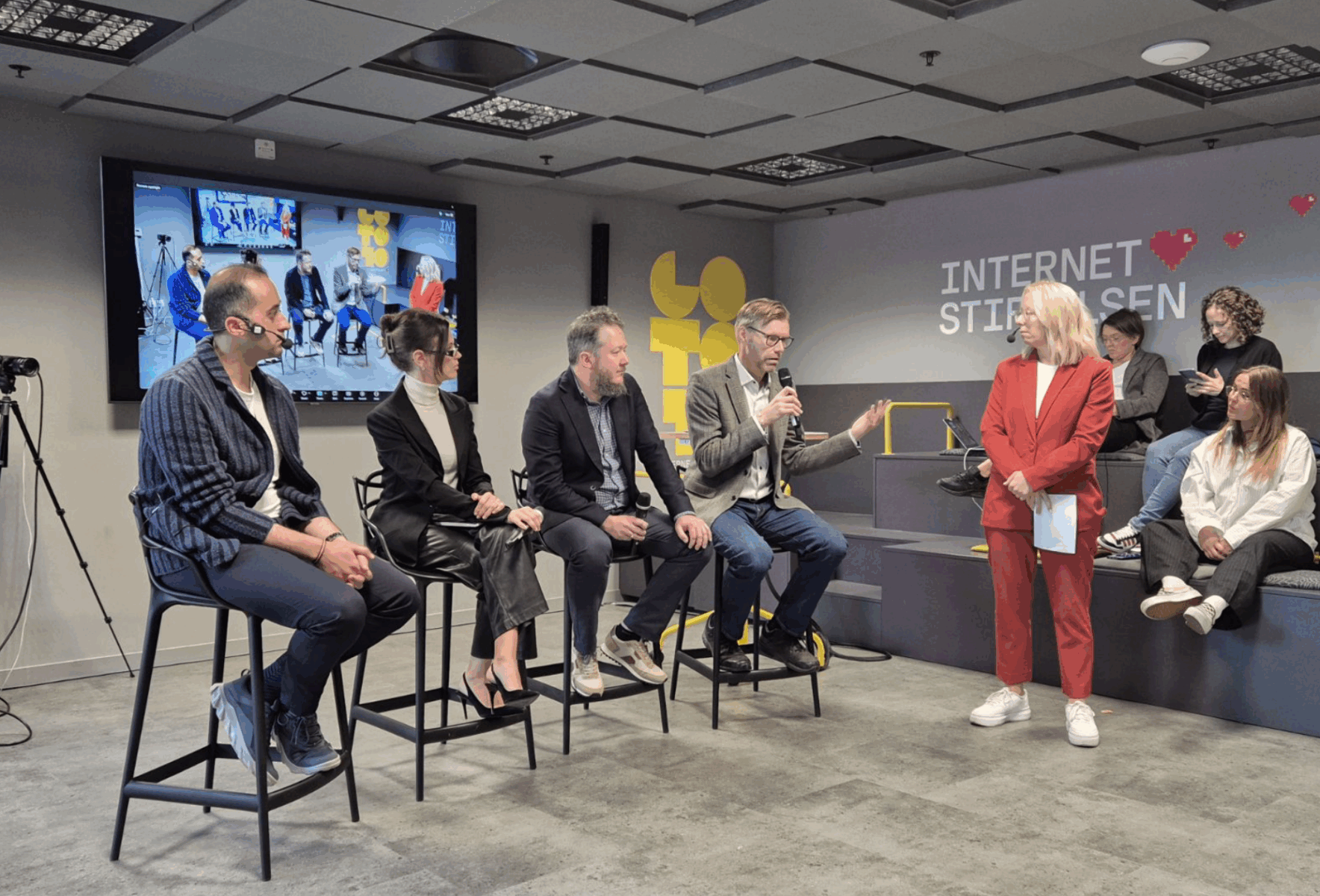How can Sweden unlock the untapped potential of doctoral internships to strengthen collaboration, share knowledge, and boost long-term innovation? That was the focus of Academia – Industry collaboration forum. The event gathered representatives from academia, industry, and government to explore how PhD internships can become a stronger tool for knowledge exchange and collaboration.
Untapped potential
There are more than 2,000 highly qualified international talents and 300 companies represented in the Switch to Sweden matchmaking tool and overall network. Yet a national benchmark shows that structured internships for PhD students remain rare. This leaves a gap compared to other countries and represents a major opportunity for growth. “We need to start a dialogue on how we can create meeting places – from the government level down to companies and universities,” said Therese Lindqvist from Linköping University (LiU) and EURAXESS Sweden, who opened the day together with project manager Hela Galvis.
Perspectives from both sides
Speakers offered both encouragement and realism. Anastasia Varava (SEBx) stressed the cultural gap between academia and industry, but also highlighted the value of cross-company collaboration platforms. Patrick Rydén (Umeå University) presented the Industrial Doctoral School model, where students are employed by the university but co-financed by external organizations. The model has already resulted in more than 100 collaborative projects, proving that long-term partnerships can grow from such initiatives.
Industry voices brought further perspective. Björn Larsson from Siemens Energy contrasted academic research methods with industry’s focus on urgent needs, while Mats Kinell shared career advice for PhD students making the transition: “Adapt and grow up. You need to take initiative, share knowledge, and prove your value.”
Moving forward
The panel that followed pointed to a shared challenge: bridging the cultural and organizational differences between academia and industry. Timing was seen as crucial, with internships being most effective in the middle years of a PhD. For international students, networks and meeting places were highlighted as especially important to access opportunities in Sweden.
Doctoral internships are more than a career step for PhD students. They are a strategic tool for Sweden’s innovation ecosystem. With clearer frameworks, stronger networks, and better goal alignment between universities and companies, internships can unlock untapped potential. As Claes Lundström, Research Director at Sectra, put it: “Internships lower the threshold – they let both sides evaluate each other for future careers.”















